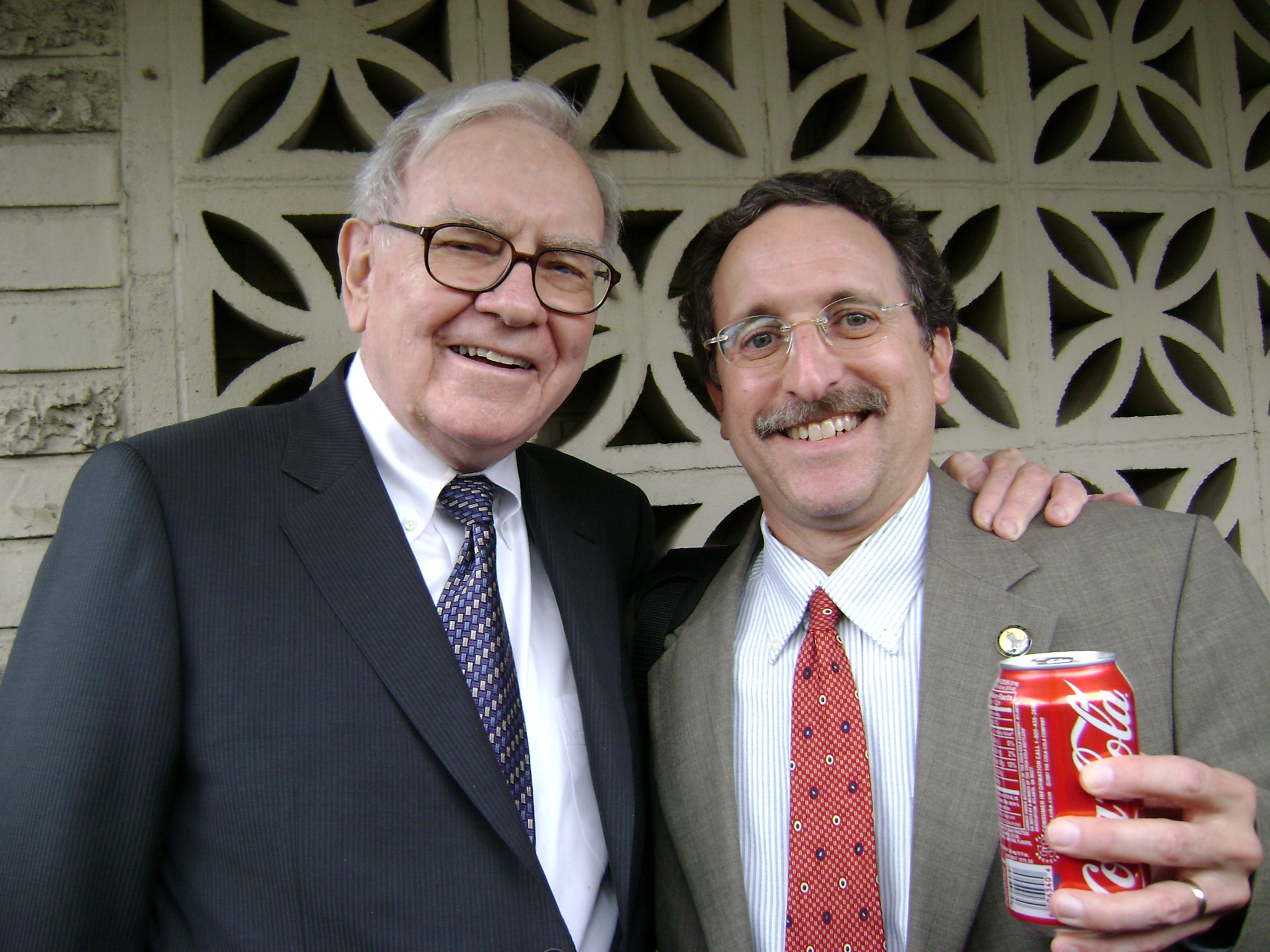The just concluded annual Berkshire Hathaway Shareholders Meeting in my current hometown of Omaha offers many lessons to those in higher education. As a small Berkshire (baby) B stockholder, I marvel at the desire of thousands who visit each year to hear what Buffett and co-founder Charlie Munger say, to inspect the quality of their investments and to even have a chance to meet the man at the top.
My students and I for five years have been studying "Buffettology, 101" as we work on the upcoming documentary "Mr. Buffett the Teacher." Along the way, we have each year joined hundreds of business students from the nation's top schools, as Buffett holds two-hour question and answer sessions before lunch at a favorite Omaha steakhouse.

The central message that Buffett offers is to know how to value companies, buy into them when prices are low and sure to rise, and then sit back and watch your investment grow. Great companies have excellent managers who have built moats around their businesses. For example, Dairy Queen and the DQ brand cannot be matched because there is nothing like the product and experience.
Academic administrators would do well to consider this philosophy and what it means for their campuses. In order to do this, we need to for a moment set aside the daily higher education headlines: soaring tuition, aging faculty, increased reliance on part-time instruction, private competition, global universities, and technological change. I am not saying forget these factors, but set them aside when evaluating your department, school, college, campus or system.
Mr. Buffett would ask: do you have a moat around what you offer students and their families? In other words, is the experience of your students unique? Could they go somewhere else and get the same or even better experiences? In order to honestly answer these tough questions, I have found that you must avoid falling into the trap of administrative fads, such as strategic planning, assessment, student credit hour production, and growth goals. Again, I am not saying ignore the move toward data, but do not be consumed by it. Instead, place the data within the larger Buffett question: Where is your moat?
In the UNO School of Communication, we have been able to hire and retain hard-working and very unique faculty -- people who live our strategic plan of student focus, academic excellence and community engagement rather than talk about it. They have brought us excellence at the highest levels in our foci on public relations, communication studies and media. Most recently, our outstanding speech student Tunette Powell, a transfer student from the University of Missouri, became national champion at the Interstate Oratory competition in Boston. She topped 99 other persuasive speakers from around the nation in the 140-year-old competition. Clearly, this type of result, as well as a fifth place national team finish among much larger schools represents one of our moats.
Likewise, when our UNO Maverick Public Relations Student Society of America (PRSSA) chapter was named best in the nation in 2009 and our oral communication program was recognized by the National Communication Association in 2010, we continue to dig deeper our competitive moats. Once you have brought distinction to your campus, Mr. Buffett might ask: What are the prospects for being a great academic institution 10 or 20 years from now?
Clearly, great academic units must continue to hire special people who fit your unique academic culture and increase the prospects for future greatness. This means that you must mentor new faculty to be successful, encourage them to stay with you, promote and tenure them.
Mr. Buffett has told my students to try to be like the hockey great Wayne Gretzky. Instead of going in the direction of the puck, he went where the puck was headed. For me, this means that progressive academic institutions must make tech savvy decisions that point them toward the global market of students in China, India and other growing countries. Yet, the emphasis cannot be on growth for the sake of numbers, but rather development of international opportunities that bring unique academic experiences to students in the United States and elsewhere.
Student experiences also need to be considered when making investment of time and resources in technologies. A technology cannot guarantee student experiences unless orchestrated by master teachers. Instead of using Facebook with no purpose in mind, for example, use it to strengthen your brand by networking current students with alumni. Our "UNO School of Communication" Facebook group has been in development for about three years. The site does not stand-alone. Instead, it connects users to our events through photo albums, alumni updates, student achievements and other news.
Academic leaders, then, must create experiences and an overall atmosphere of buzz and excitement. Prospective students, current students, family members, alumni and others will want to get close to those bringing and growing value to the degrees conferred by the university. To paraphrase Mr. Buffett, this does not happen in a day, week or month. The stature of great universities happens over many years of focused, daily effort. Learn how to create value and grow it over the long haul.
